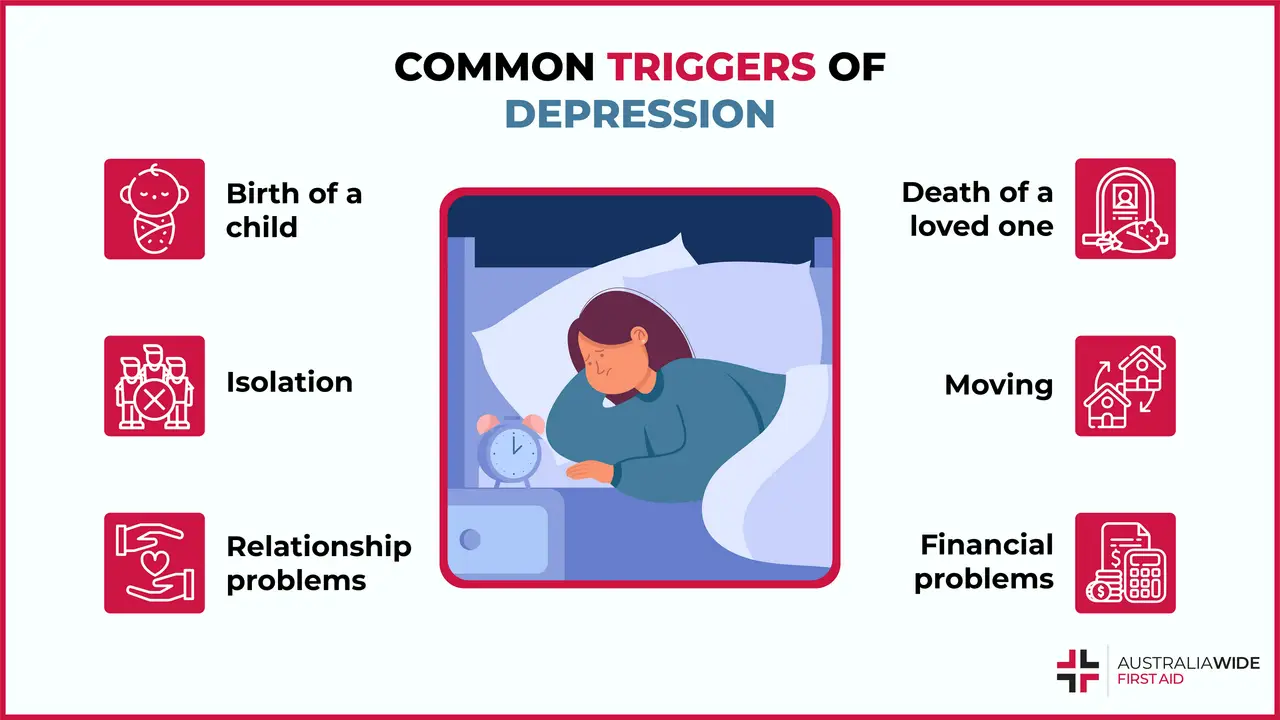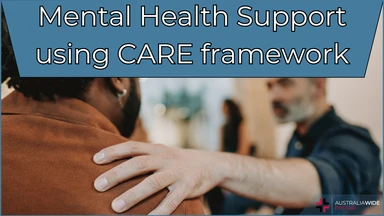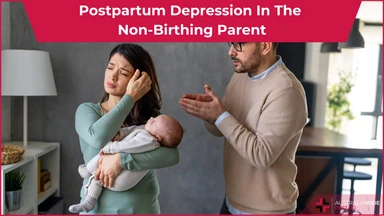15 Common Triggers of Depression


Depression is a serious mental health issue that can affect anyone, regardless of age, gender or race.
Depression can be caused by a number of factors, including genetics, chemical imbalances, traumatic life events or prolonged stress. While there is no one definitive cause for depression, there are certain triggers that can cause it to start or worsen.
In this article, we will explore some of the most common triggers for depression.
Before we can discuss the triggers for depression, it is important to first define what depression is.
Depression is more than just feeling sad or down – it is a real and serious medical condition that can have a profound effect on your life.
According to the Mayo Clinic, “Depression causes feelings of sadness and/or a loss of interest in activities once enjoyed. It can lead to a variety of emotional and physical problems and can decrease a person’s ability to function at work and home.”
If you are experiencing any of the following symptoms on a regular basis, you may be suffering from depression:
If you are experiencing any of these symptoms, it is important to seek help from a medical professional. Depression is a treatable condition, but it cannot be overcome without help.
There are many different triggers for depression, and what triggers one person’s depression may not trigger another’s. However, there are some triggers that are more common than others. Let’s take a look at some of the most common triggers for depression.
One of the most common triggers for depression is experiencing a traumatic event. This could be anything from the death of a loved one to being the victim of a crime. According to the National Institute of Mental Health, “Traumatic events are stressful situations that may involve actual or threatened death, serious injury or sexual violence.” If you have experienced a traumatic event, it is important to seek help from a medical professional or mental health counsellor as soon as possible.
Another common trigger for depression is prolonged stress. Stress can come from many different sources, such as work, relationships, finances or health problems. When you are under constant stress, your body releases the hormone cortisol. This hormone is designed to help you deal with short-term stress, but when it is constantly being released, it can lead to a number of health problems, including depression.
Depression can also be caused by genetics. If you have a family member who suffers from depression, you are more likely to suffer from it yourself. According to the National Institute of Mental Health, “About 20 percent of people with major depressive disorder have a close relative who also has the illness.” If you have a family history of depression, it is important to be aware of the signs and symptoms so that you can seek help if necessary.
Another possible cause of depression is a chemical imbalance in the brain. This can be caused by a number of different factors, such as taking certain medications, drinking alcohol or using recreational drugs. If you suspect that a chemical imbalance may be causing your depression, it is important to speak to a medical professional so that they can run the necessary tests.
Health problems can also be a trigger for depression. This is because chronic pain or illness can lead to feelings of hopelessness, worthlessness and helplessness. If you are dealing with a health problem, it is important to seek help from a medical professional so that you can develop a treatment plan.
Relationship problems are another common trigger for depression. This is because humans are social creatures and we rely on our relationships for support and love. If you are experiencing problems in your relationships, it is important to seek help from a therapist or counsellor so that you can learn how to communicate effectively and resolve the issues.
Unemployment can also lead to depression. This is because when you lose your job, you not only lose your income, but you also lose your sense of purpose and identity. If you are unemployed, it is important to seek help from a career counsellor so that you can find a new job or develop a new career plan.
Isolation is another common trigger for depression. This is because humans are social creatures and we need interaction with others to thrive. If you are feeling isolated, it is important to reach out to family and friends or join a club or group so that you can interact with others.
Grief is another common trigger for depression. This is because when you lose someone close to you, it can be devastating. If you are grieving, it is important to seek help from a therapist so that you can process your emotions in a healthy way.
Financial problems are another common trigger for depression. This is because money is one of the most stressful things in our lives. If you are experiencing financial difficulties, it is important to seek help from a financial planner so that you can develop a budget and get back on track.
Retirement can also lead to depression. This is because retirement can be a time of great change and transition. If you are struggling to adjust to retirement, it is important to seek help from a therapist so that you can develop a plan for your new life.
Moving to a new home can also trigger depression. This is because moving can be a very stressful experience. If you are experiencing depression after a move, it is important to seek help from a therapist so that you can cope with the stress of the move and adjust to your new surroundings.
The birth of a child can also lead to depression. This is because becoming a parent is a huge responsibility and it can be very overwhelming. If you are struggling to adjust to parenthood, it is important to seek help from a therapist or parenting group so that you can learn how to cope with the stress of being a parent.
The death of a loved one is another common trigger for depression. This is because the loss of someone close to you can be very traumatising. If you are struggling to cope with the death of a loved one, it is important to seek help from a therapist so that you can process your grief in a healthy way.
Side effects from medication can also lead to depression. This is because some medications can cause changes in mood, energy levels, and sleep patterns. If you are experiencing side effects from medication, it is important to talk to your doctor so that you can find a different medication or adjust the dosage.
Depression can be triggered by a variety of things, including relationship problems, unemployment, isolation, grief, financial difficulties, retirement, moving to a new home, the birth of a child, and the death of a loved one.
If you are experiencing depression, it is important to seek help from a therapist or counsellor so that you can get the support you need to overcome this illness.
And to develop the confidence and know-how to assist those who are experiencing a health emergency, book a first aid course with Australia Wide First Aid.
If you want to learn more about preventing, identifying, and managing the symptoms of mental health issues, check out the following articles in our Resource Library:

February 18, 2025
Mental health can be influenced by every aspect of our lives, and the weather is no exception. In places closer to the equator with humid environments, like Darwin here in Australia, the onset of monsoon season can see people suffer from a tropical seasonal affective disorder known as ‘mango madness’.

January 16, 2025
Mental health crises can occur unexpectedly, and knowing how to respond effectively can make a significant difference. The CARE framework is an easy-to-remember guide for offering support during a mental health crisis. It is also applicable if you think you might be seeing signs and symptoms of low mental health in a loved one, friend, or colleague.

June 3, 2024
New parents, both birthing and non-birthing, can develop postpartum depression. Birthing parents are easily recognized as being at risk for postpartum depression; however, it is important to acknowledge that non-birthing parents are equally susceptible to experiencing postpartum depression.